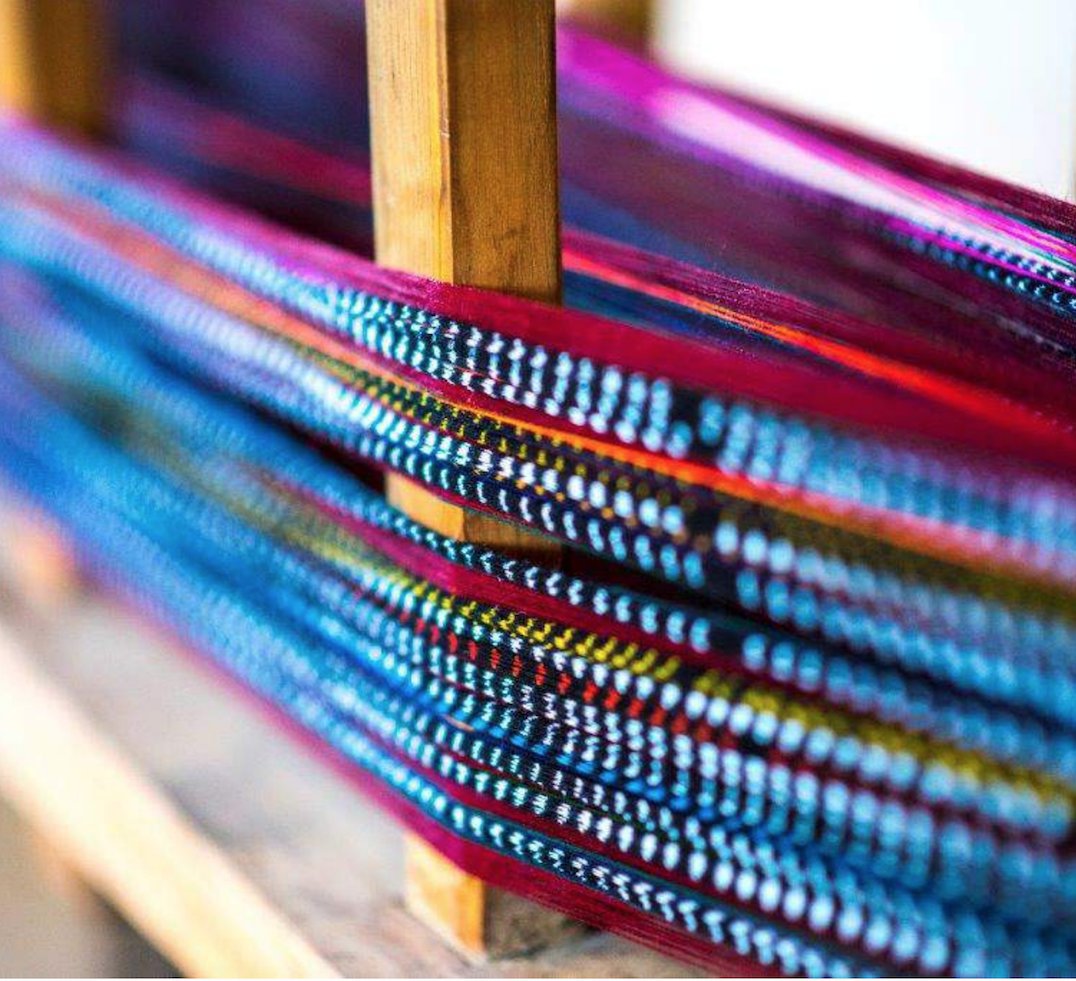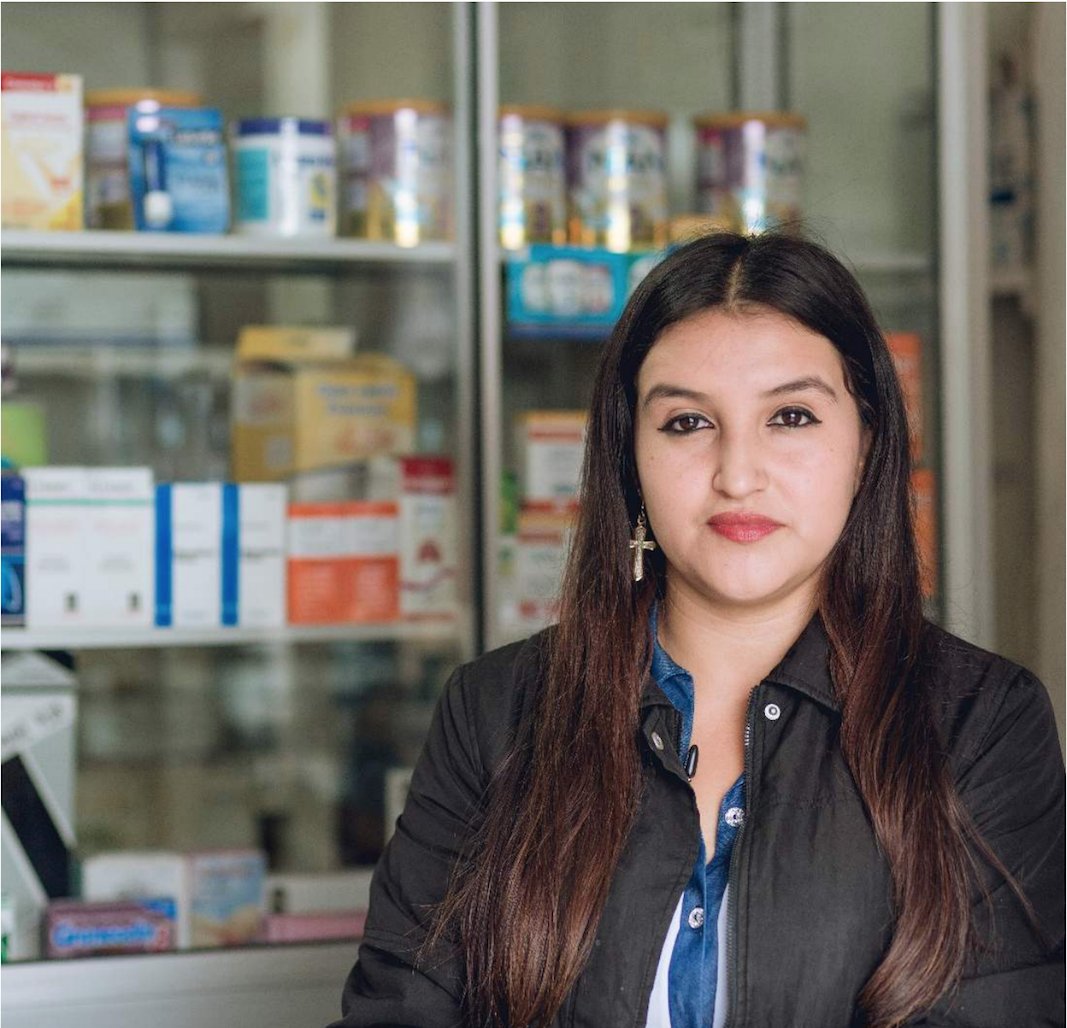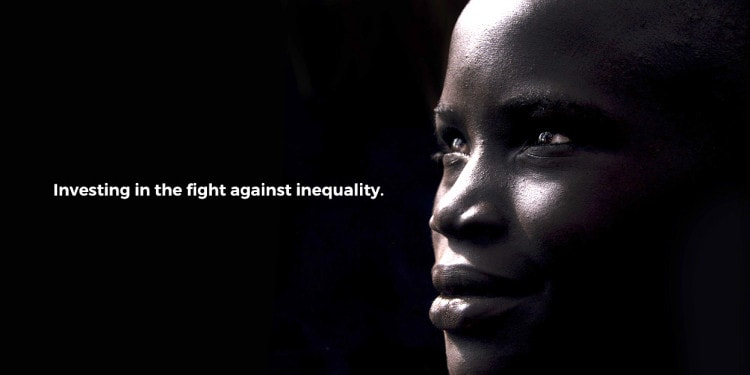Women in developing countries are generally well-served by microfinance institutions. As a result, women-run livelihood businesses make up a good chunk of the typical microfinance portfolio. However, when it comes to larger loan sizes, the number of female borrowers drops precipitously. Female entrepreneurs and business-owners in these contexts often lack access to collateral, and face cultural barriers and unequal opportunities to develop their entrepreneurial capacity. And, while most formal financial institutions do not set out to discriminate against women, “gender-neutral” lending policies tend to cater to men and are therefore ineffective in closing this gap in opportunity.
Through one of our programs at Origin Capital, we’re exploring what happens when you give women access to both microfinance and growth capital of anywhere from $3,000 to upwards of $25,0oo. In our Small and Growing Business Program, more than half of our loan recipients are women. This demographic is intentional so that we can increase access to financial services and skills development for women (both entrepreneurs and employees). We also want to give women the control over the resources they need to achieve gender equality.
Our intention is to create a ripple effect and to ultimately prove our “Theory of Change”. Our theory is that given these tools, women in developing countries will be in a position to increasingly participate in decision-making in their communities. In turn, they will be able to gain more autonomy and power over their own lives.

One of our strategies for helping our clients achieve success is by giving them opportunities to build networks with each other. For example, one of our clients in Ghana runs a restaurant and wanted to open a side-business in the events industry. Another one of our female clients in the area runs a party rentals company, so we connected the women and they’ve formed a mentor-mentee relationship. These collaborative business networks in addition to the coaching that entrepreneurs receive in our program, sets women up to become more active citizens. We also help to form connections so that women can employ other women and become the creators of supportive work environments themselves.
It’s worth noting here that women often become business owners out of necessity. In our interviews with clients, we’ve seen that men typically have more leeway. They’ve started businesses after leaving stable day jobs and often have more time, space, and money to plan and think through their business goals. Women, on the other hand, are often thrust into a position of entrepreneurship for subsistence. They’ll open provision shops or small restaurants to provide for the immediate needs of their families. Access to coaching and networks helps women change their mindsets from running businesses for subsistence living to those of “growth entrepreneurs.”
Editor’s Picks — Related Articles:
Is Gender Equality a Numbers Game?
The Stigmatisation of Rural Teen Mothers in Zimbabwe
This growth mindset is good for another group of women, too- employees. If we can support female-run businesses as they grow and become employers and encourage them to implement inclusive and decent practices, then even more women (who are so often overrepresented in precarious work environments) will have access to safe workplaces.
And this ripples further, from employer to employee, to the families of those employees. The 932 entrepreneurs in our program which is present in Ghana, Mexico, Sri Lanka and Myanmar employ 4,090 people, who in turn support 8,261 children.
Another aspect of our Theory of Change is the notion that the more financing we provide for female entrepreneurs, the more products and services will be created with women in mind. These could include anything from contraceptives and tools for family planning, to products for new mothers, and so on. In turn, these products might address additional UN Sustainable Development Goals (in these cases, SDG 3: good health and wellbeing) and spin-off further opportunities and industries.

There’s more we could do, of course. Right now, we’re looking at expanding our coaching programs to include more peer networking and opportunities for women to come together and share their experiences as entrepreneurs, furthering the mindset and identity shift that women tend to have as they take their livelihood businesses to the next level. We’re also looking critically at collateral requirements, which are often impenetrable barriers for women seeking financing.
Ultimately, we’re concerned by the fact that, as microfinance institutions commercialize and target larger loan sizes, the number of women-run businesses in the typical portfolio drops from 88% to 65%. Our proposition is that this is unnecessary, and that by expressly catering to female borrowers, we could actually see growth and prosperity ripple through communities, boosting impact without a detrimental effect on portfolio performance. With business coaching acting as both an impact lever and risk-management tool, we’ve already seen these ripple effects in the communities we work in.
Curious to learn more about their impact? Sign up for the newsletter at www.origincapital.co to receive impact reports and more information on how to donate or invest.









